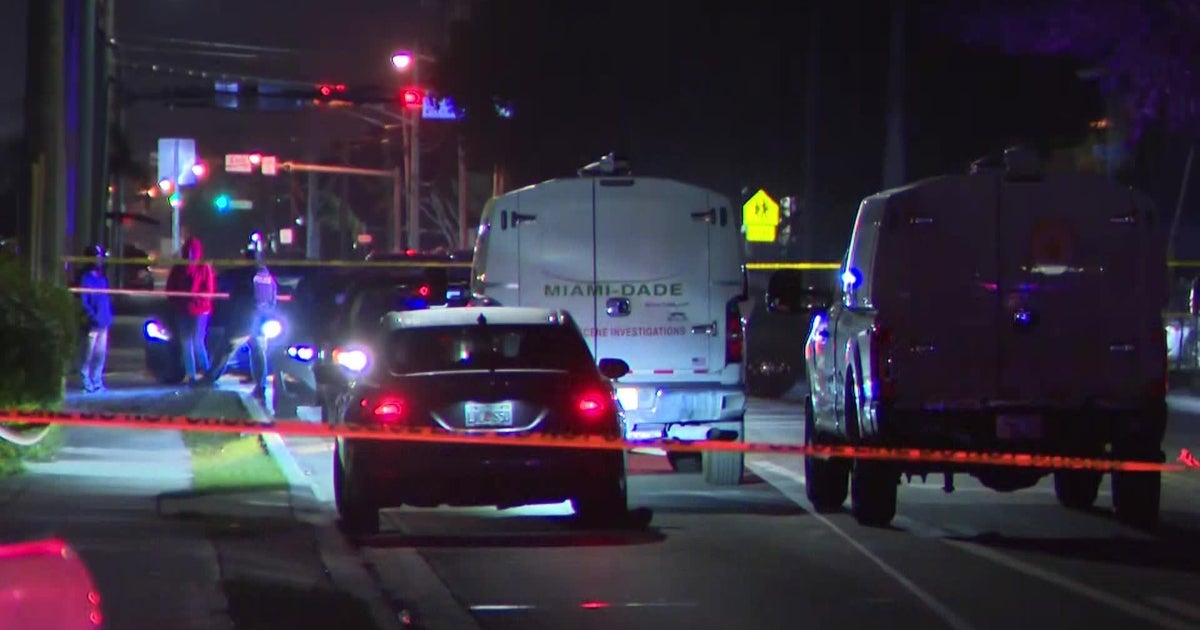Suspects Pursued In Forged Papers Used To Spring Inmates From Florida Prison
TALLAHASSEE (CBSMiami/AP) — At least six Florida inmates have used forged paperwork to attempt get out of prison, and two were successful, authorities revealed Tuesday, at a news conference to announce they are on the trail of the culprits who created the false documents.
The convicts who used bogus papers include two killers who were mistakenly freed earlier this month.
Police said they were looking at several suspects in the investigation of the escape of Joseph Jenkins and Charles Walker, but so far they have made no arrests. Florida Department of Law Enforcement Commissioner Gerald Bailey said the prisoners were not cooperating.
"In law enforcement terms, they've lawyered up," Bailey said. "But we will find the details of what led to these escapes without their help, but should they choose to cooperate, we will have the answers that we need, the answers that we demand sooner rather than later."
Jenkins and Walker were let out of a Panhandle prison on Sept. 27 and Oct. 8, respectively, because of fake paperwork that reduced their life sentences to 15 years, authorities said. Jenkins had tried to escape using bogus documents before, Bailey said.
Jenkins and Walker were captured Saturday at a Panama City motel. Authorities found an iPad and cellphone there, and they were reviewing them for evidence. Police also want to know how the men got to the motel and who was coming from Atlanta to take them somewhere else.
Besides the forged documents, forensic examiners were looking at computers and printers seized from the prison. So far, there is no indication that any Department of Corrections workers helped the inmates with their escape, but investigators are still looking at any possibilities of an inside job, Bailey said.
"There is no hard evidence that has happened," he said. "If there were, there would be an arrest."
The release of Jenkins and Walker led the Corrections Department to change its policy for early prisoner releases. It also caused the chief judge in the judicial circuit that covers Orange and Osceola counties in metro Orlando to change how orders are filed in the clerks of courts offices. The forged paperwork that led to the release of Jenkins and Walker was filed in the Orange County Clerk of Courts office.
Chief Circuit Judge Belvin Perry signed an order Monday that prohibits judicial orders from being accepted at drop-off boxes. His order also requires judicial assistants to keep a log of all orders to change an inmate's prison sentence.
According to the new measures, when the clerk's office gets an order to change a sentence, the clerk must verify with the judge or judicial assistant that the order was issued.
(TM and © Copyright 2013 CBS Radio Inc. and its relevant subsidiaries. CBS RADIO and EYE Logo TM and Copyright 2013 CBS Broadcasting Inc. Used under license. All Rights Reserved. This material may not be published, broadcast, rewritten, or redistributed. The Associated Press contributed to this report.)



